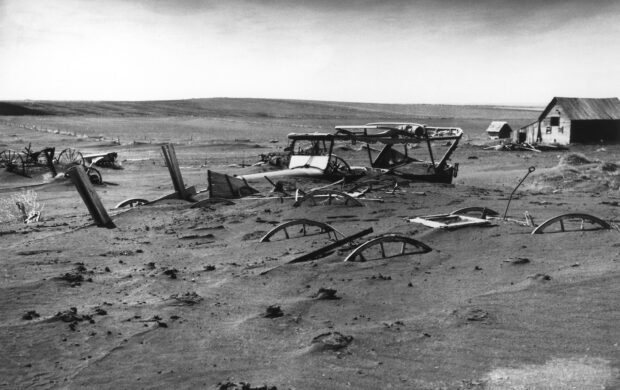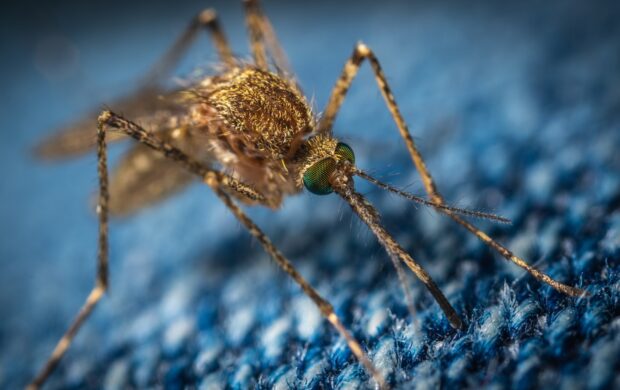With the increase in temperatures and its impact on ecosystem life cycles, the hilly regions in the north of India are experiencing diseases that there uncommon there before. This includes dengue and malaria due to an extended life cycle for mosquitoes with increased temperatures.

The Hindu Kush Himalayas as especially vulnerable with the rate of warming being significantly higher than the global average warming rate.
So what?
Infectious diseases, non-communicable diseases, and malnutrition are on the rise in several parts of South Asia with extreme weather events rapidly changing the makeup of space.
Both private and public sectors need to use this critical juncture to advocate for integrated approaches in both climate and health. So intrinsically linked, these impacts in the hills provide a glimpse of what’s to come if policymakers ignore contextual information about both people and place while building local and regional adaptation strategies.




















Join discussion